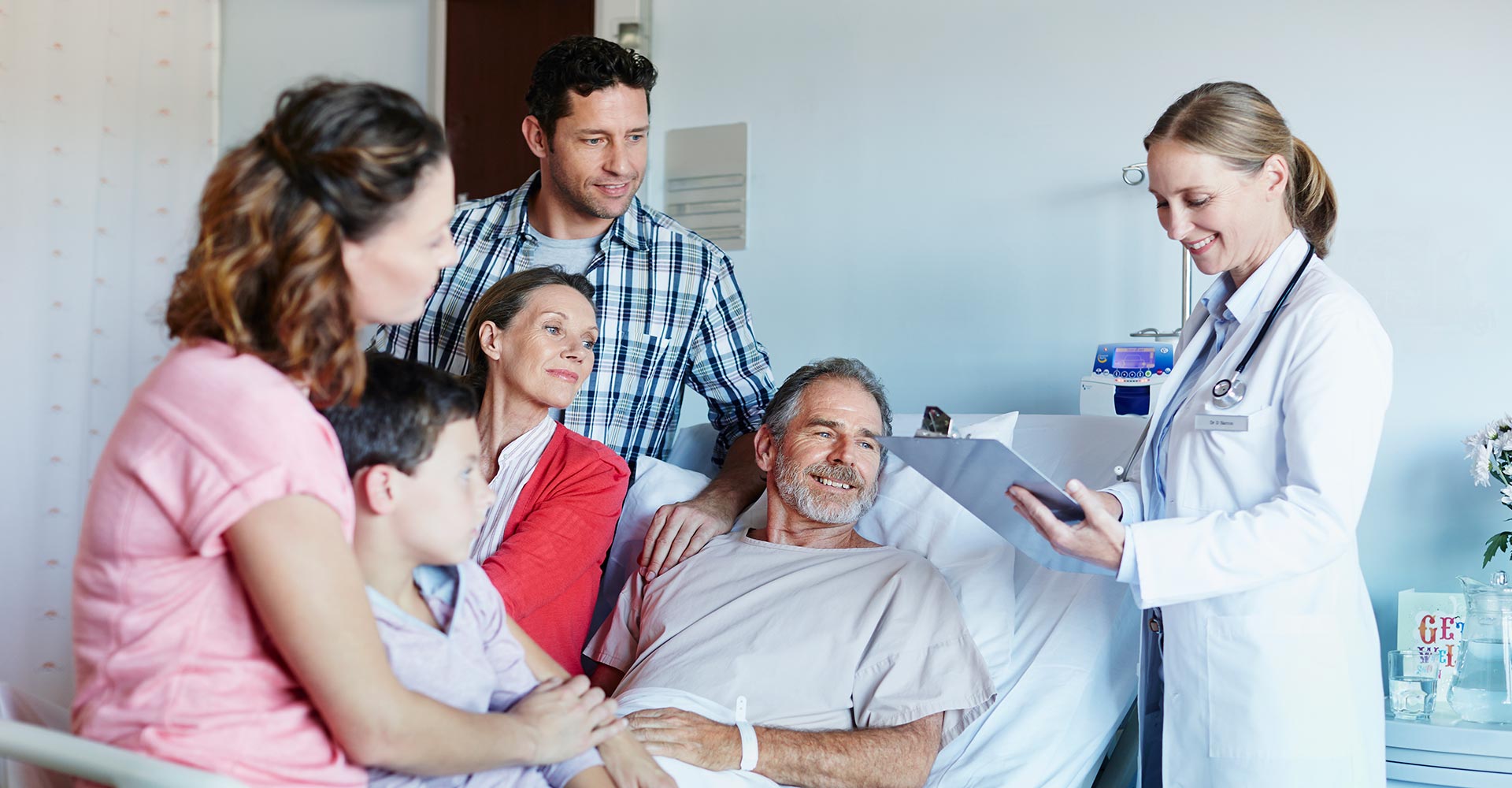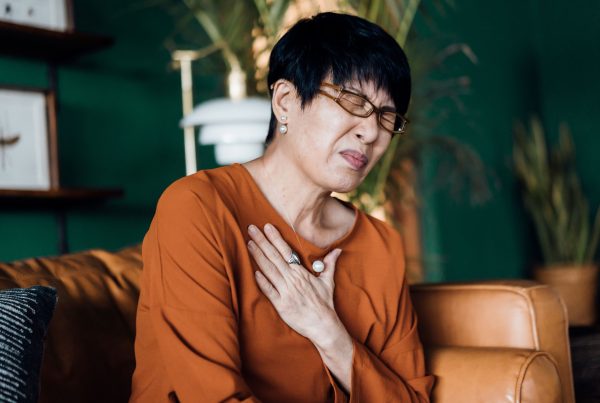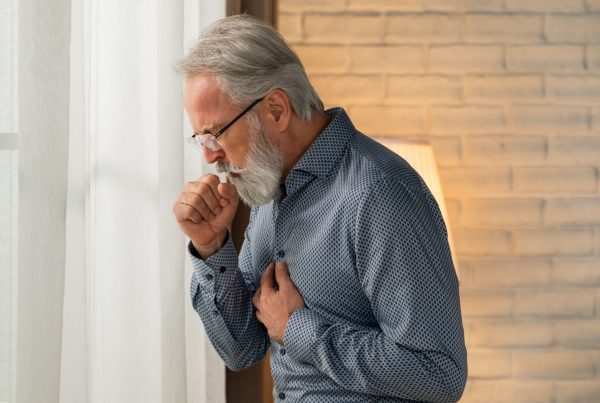No matter what risk factors you might have, it is important to participate in regular screenings. Screenings help save lives because detecting cancer early means cancer is less likely to have grown or spread to other parts of the body. Cancers caught early are often easier to treat.
Knowing your risk factors for cancer is an important tool in fighting cancer. If you know that you are at increased risk for developing cancer, it is important to talk to your doctor about appropriate screenings to catch cancer early. For risk factors related to lifestyle choices, your MetroHealth provider can help you make progress to reduce your risk of cancer.
General risk factors include:
- Family history. If a parent or sibling has a certain type of cancer, it is important to be screened regularly for that type of cancer. While risk factors like obesity and smoking are often common among family members, close family members having a specific type of cancer can be a sign of family cancer syndrome. This is especially true if close family members have been diagnosed at early ages for the same type of cancer, or if the same type of cancer has been present in multiple generations.
- Tobacco use and secondhand smoke exposure. Smoking is the leading cause of cancer worldwide, causing almost six million deaths each year. Smokeless tobacco is a risk factor for cancers in the mouth and is also linked to esophageal and pancreatic cancers. Secondhand smoke increases the risk of lung cancer and is especially dangerous for children.
- Sun exposure. Most skin cancers are caused by prolonged exposure to ultraviolet rays in sunlight, especially when it results in blistering or sunburn.
- Obesity causes inflammation, cell and blood vessel growth, and impacts your body’s hormones, all of which can increase your risk for cancer.
- Alcohol use. Alcohol can cause damage to tissues, impact the way you absorb nutrients, change your hormone levels, and contribute to obesity. It has been linked to mouth, throat, esophageal, liver, colorectal, and breast cancer.
Screening guidelines include:
- Breast Cancer: The breast health specialists within the MetroHealth system recommend that women get a yearly mammogram starting at age 40, and earlier for women who are at a higher risk for breast cancer. Schedule a mammogram by calling 216-957-2778.
- Cervical Cancer: If you have a cervix, you should get a primary HPV test every five years starting at age 25. HPV—or human papillomavirus—is the most common sexually transmitted infection and some types of HPV can cause cervical cancer.
- Prostate Cancer: Starting at age 50, if you have an average risk of prostate cancer, you should talk to your doctor about screening. If you are an African American man or if you had an immediate family member who had prostate cancer before the age of 65, start talking to your doctor about screening starting at age 45.
- Colorectal Cancer: You should start colorectal screenings at age 45 and talk to your doctor about screenings earlier if you are African American or have a family history of colorectal cancer. To learn more about the types of screenings, click here.
- Lung Cancer: If you are a current or former smoker, at age 50 you should talk to your doctor to determine if a yearly low-dose CT scan is right for you.
- Skin Cancer: If you have areas of concern on your body, MetroHealth offers a fast, easy, and free skin screening service called Snapshot. A walk-in service, our nurses will take a photo of up to two spots of concern and a board-certified dermatologist will review the photos and suggest appropriate follow up. Learn more here.











